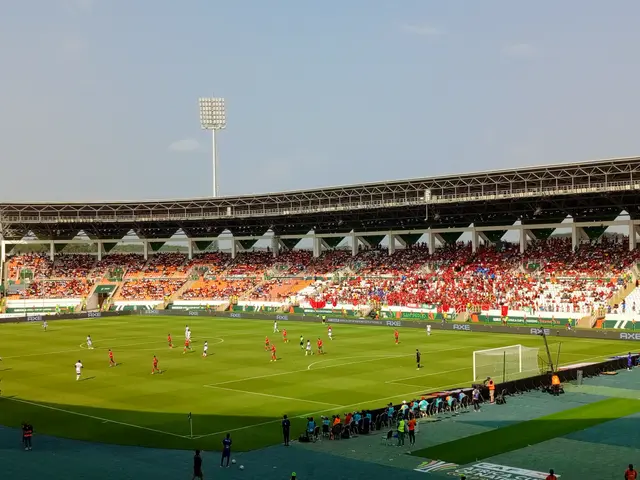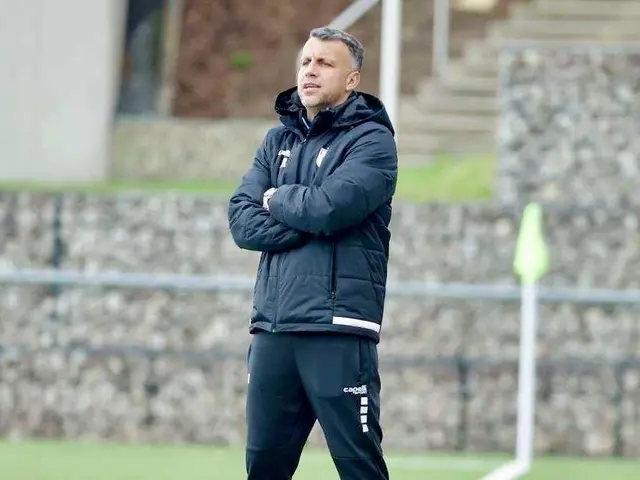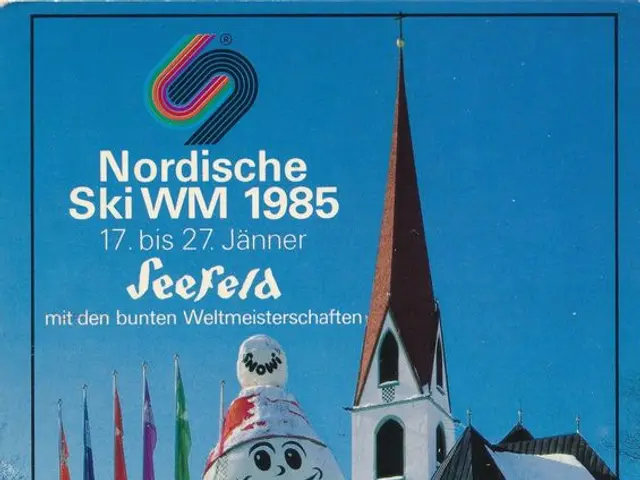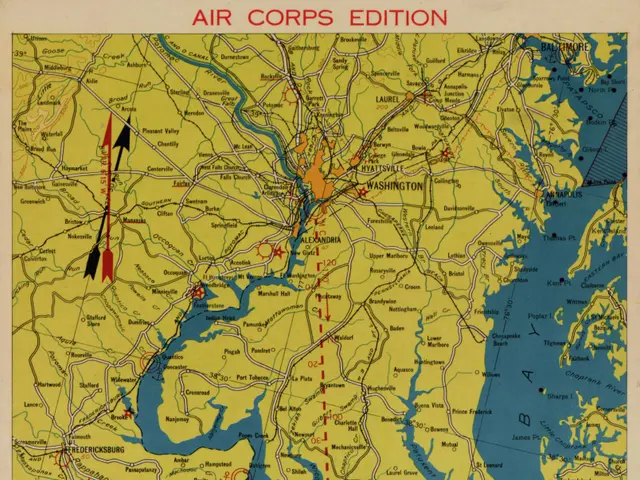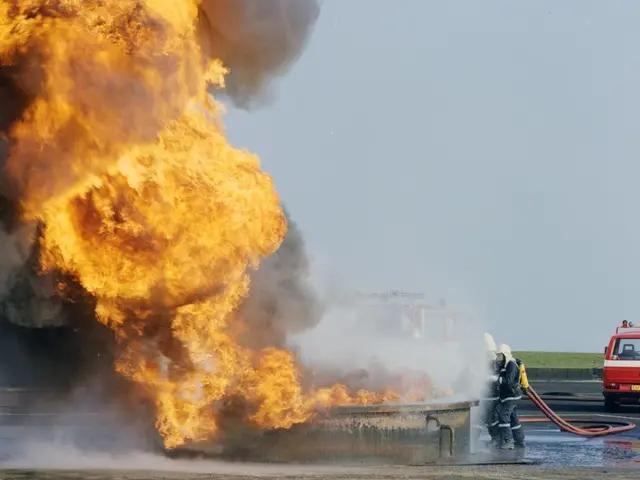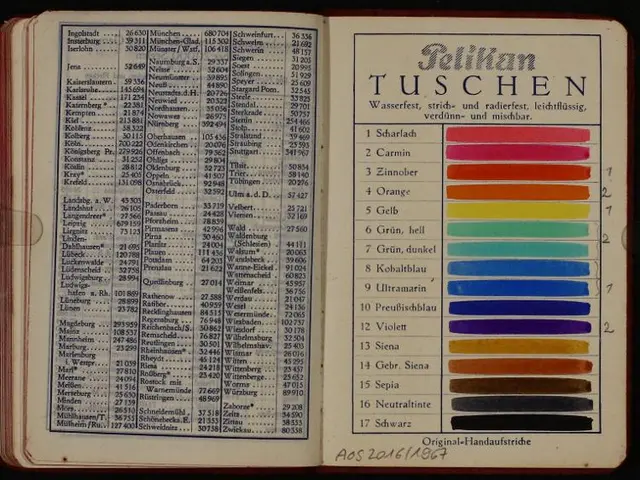Notable Hall of Famers Who Could Be Overlooked as Former Cardinals
Located in Cooperstown, the iconic halls bear plaques of 43 Cardinals, including 10 managers, 3 executives, and a plethora of legendary players. The Cardinals have maintained exceptional success, fueled by a seemingly ceaseless supply of elite talent over the past century. An intriguing fact about the Cardinals is their unparalleled streak of having a Hall of Fame player or manager since 1915, stretching as far as 2022, if Yadier Molina makes it in. This streak may even continue with Paul Goldschmidt and Nolan Arenado potentially receiving a call from Cooperstown.
When contemplating Cardinals Hall of Fame inductees, familiar faces like Lou Brock, Stan Musial, and Bob Gibson often come to mind. These players spent most or all their careers in St. Louis, solidifying their status as beloved icons. However, the Cardinals' roster has also been home to numerous all-time greats who only spent a fraction of their careers in the Gateway City, thus fading into the background for many long-time fans.
Remember these 10 Hall of Famers who were Cardinals, but you might not recall their time in St. Louis.
Dick Allen
Dick Allen, the pioneering black superstar for the Philadelphia Phillies, boasted a .302 batting average from 1963 to 1968, an era primarily dominated by pitching. In 1964, he was named National League Rookie of the Year, despite being the standout hitter on the Phillies for much of the 1960s. Unfortunately, Allen faced racial taunts and jeers during his first seven years in Philadelphia.
Allen's tenure with the Phillies was marred by controversies, with his skin color often intensifying the issues. His subpar defense at third base, a new position for Allen, was a concern for fans, and a racially charged comment from teammate Frank Thomas led to a physical altercation. Fans frequently blamed Allen for the resulting conflict. To protect himself, Allen began wearing a batting helmet in the field, as objects were routinely thrown at him by fans.
Desiring a change, Allen made it clear to executives that he wanted out of Philadelphia. A suspension for not showing up to a game he was unaware had been rescheduled set the stage for his departure. After the 1969 season, Allen was traded to the Cardinals, along with Tim McCarver and Curt Flood, in a deal that would ultimately lead to Flood challenging the sport's reserve clause.
Being in St. Louis after enduring the hatred in Philadelphia was a shock for Allen. Fans gave him a standing ovation before his first game, and through the first half of 1970, Allen was hitting .286 with 25 home runs while earning a spot in the All-Star Game at third base. However, his only season with the Cardinals was cut short due to a torn hamstring, and rumors swirled that the Cardinals were unhappy with Allen's slow recovery. Allen was traded to the Los Angeles Dodgers just five days after the season ended.
Cardinals General Manager Bing Devine claimed the trade was to enhance the team's aging infield and adapt to the new AstroTurf surface recently installed at Busch Stadium. With Allen playing first base for the Cardinals and the team struggling defensively, fleet-footed infielders were deemed essential for success.
Allen continued to excel in the second half of his career, including winning the MVP in 1972 with the Chicago White Sox. Had he not been injured during his solitary season in St. Louis, the Cardinals may have kept Allen on the roster. Instead, they opted to trade him, and the Cardinals suffered throughout the 1970s. One can only wonder how they might have fared with a player of Allen's caliber in their lineup during those lean years.
- Despite being traded to the Cardinals in 1969, Dick Allen's sole season with the team was cut short due to a torn hamstring, raising questions about whether the Cardinals could have benefited from his continued presence in their lineup during the 1970s.
- In addition to the notable Cardinals in the Hall of Fame, Dick Allen, though spent only one season in St. Louis, was also a powerful hitter, earning a spot in the All-Star Game during his tenure, despite being traded away due to the team's preference for fleet-footed infielders.

